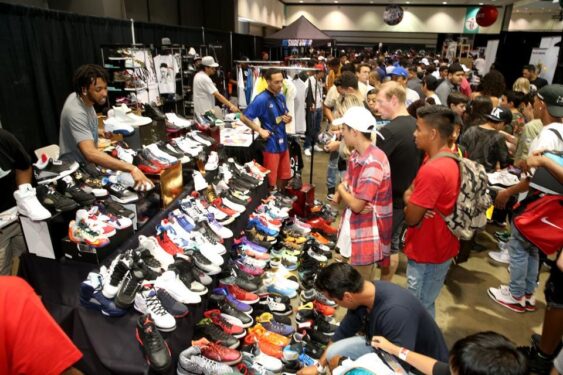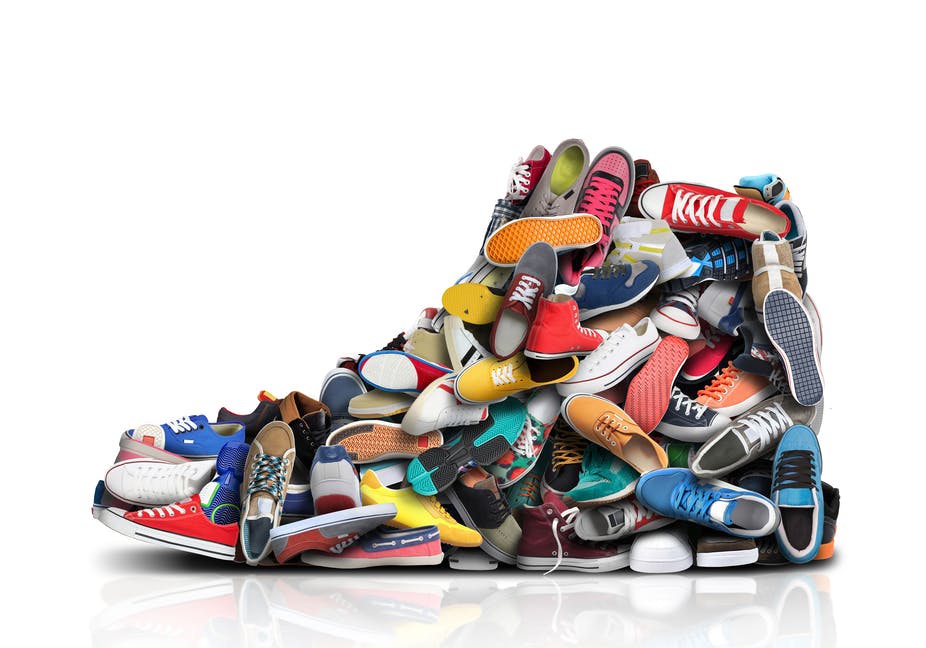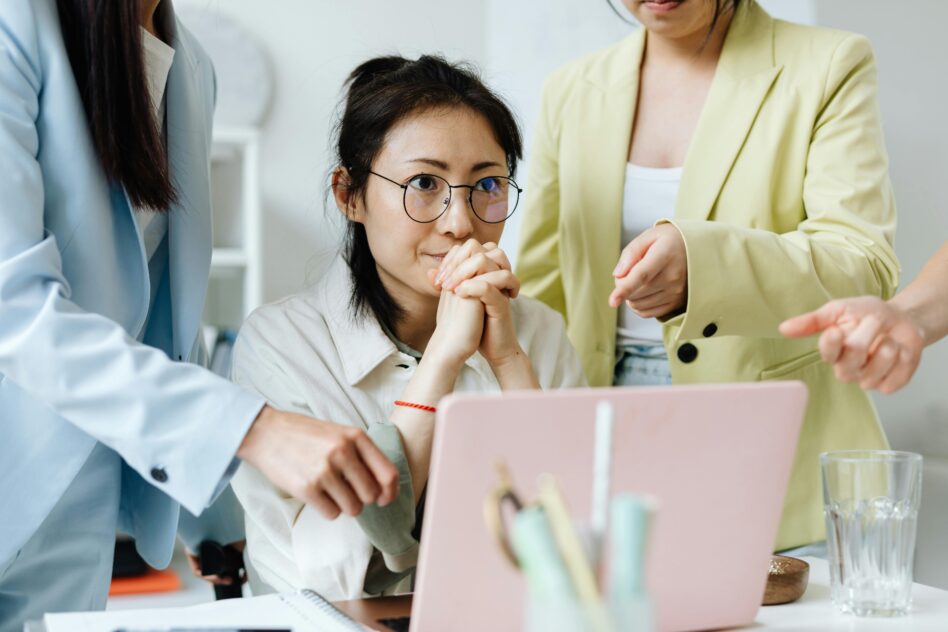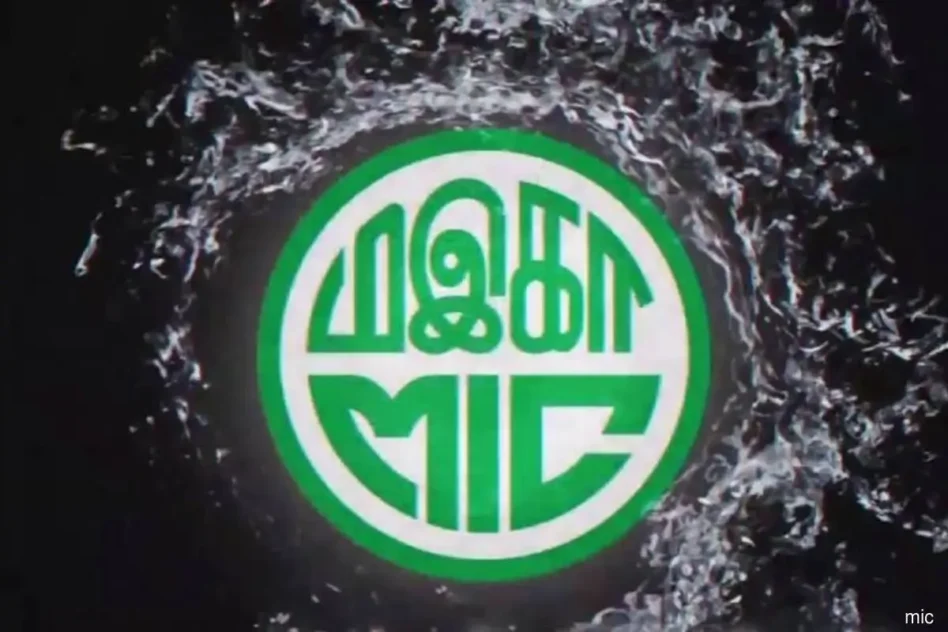“DEMOCRATISATION of financial services” – This has been the go-to buzz phrase in financial tech for the past few years.
With massive discourse surrounding alternative investment, words like non-fungible tokens, cryptocurrency and bitcoin flood our social media feeds on a daily basis.
But let’s face it – digital currencies are not for everyone. Due to its technicality, most people struggle to fully grasp the concept.
In fact, cryptocurrency’s unnecessary complexity was deliberate to avoid regulation.
For some investors, collecting rare and beautiful objects as an investment tool provides more meaning to the experience. Cask whisky, jewellery and classic cars are some of the more lavish examples.
But one of the coolest new ways to accumulate wealth? Collecting limited-edition sneakers.
From commodity to symbolic expression
Individuals who are privy to the sneaker culture would agree that sneakers are more than footwear that makes one look stylish.
Rather, they have evolved to become a symbol of creativity and self-expression.
But when did sneakers become such a pertinent part of the lifestyle fashion industry?
In 1984, professional basketball star Michael Jordan collaborated with Nike, giving birth to Air Jordan – the “grandfather” of today’s sneakers.
Through the explosive demand for signature basketball shoes, along with the rise of the hip-hop movement, sneakers become commodified and desired as status symbols, giving rise to the sneaker resale culture.
The sneaker resale market has grown leaps and bounds since then.
According to Cowen Equity Research, a market authority that reports on the sneaker industry, the global sneaker and streetwear resale market has the potential to reach US$30 bil by 2030.
And much like everywhere else in the world, the sneakerhead culture and sneaker resale market is also gaining a stronger foothold in Southeast Asia.
Flipping shoes in Southeast Asia
In essence, sneaker resellers are individuals who purchase and sell limited edition sneakers to other customers or collectors.
The value appreciation or depreciation of a pair of sneakers are determined by factors such as limited edition releases, sneaker condition, size and market trends.
If and when luxury brand collaborations and celebrity endorsements are involved, sneakers can be resold for up to tens of thousands of ringgit.

The 101s to sneaker flipping
Reselling sneakers isn’t exactly a new hustle. From the shoe size and supply volume to understanding market trends and spotting fakes, being a sneaker reseller can be a profession of its own.
Nevertheless, much like every other investment, not every pair of sneakers can promise a return of investment, as it is also hard to predict a sneaker’s resale value. But there are a few reliable pillars you can lean on to ensure you’re making a smart sneaking investing decision.
Brand, series, and collaboration
The basic approach to flipping sneakers is to buy and sell high retail premium brands and models to maximise profit margins.
But the challenge is to really nab them during their debut – as you won’t be the only one eyeing for them.
For those who are lucky enough, selling them immediately after release usually promises good returns. Otherwise, resellers can also hold on to an exclusive pair and see its price surge up over time.
Shoe size
The economics of buying exclusive sneakers differ from typical shoes. Reselling sneakers for profit goes beyond getting your hands on the most exclusive kicks – but it’s also about snatching the right sizes.
For beginners, aim for men’s sizes US 9 to US 11 and women’s sizes US 4 to US 6. As these are the most common shoe sizes, they are much easier to resell.
But for those who are inclined to sell niche size ranges, which also means less competition, they can always go for anything above size US 13 for men’s sneakers.
Beware of fakes
If you’re dealing directly with a seller or buyer without a secure system to safeguard your interest, there’s always the risk of being scammed.
While there are qualities to look out for, such as colour, stitching and logo, modern counterfeit technology has made it hard to distinguish the real thing from a fake.
One way to always guarantee that you’re getting the real thing is by purchasing trustworthy websites that highlight their sneaker authenticity process.
With the help of proprietary technology to verify authentic sneakers and their quality, sneaker reselling platforms are able to ensure an end-to-end process that accurately grades the sneakers received from the sellers.
With that, buyers can rest assured that the sneakers they receive are no less than what was advertised. – Dec 14, 2021
Richard Xia is the founder and chief executive officer of Novelship.
The views expressed are solely of the author and do not necessarily reflect those of Focus Malaysia.









